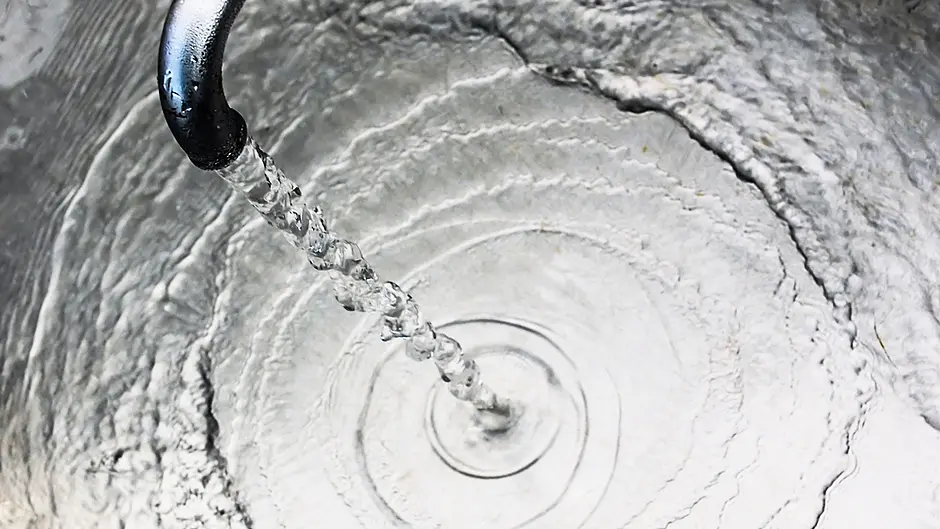PESTICIDES have been detected in drinking water supplies in Glengarriff, Bantry and Macroom, Irish Water has confirmed.
Organic farmer and Social Democrat TD, Holly Cairns said this is ‘another indication of deteriorating water quality which impacts not only on the environment, but on human health also.’
The TD recommended ‘a move away from a dependency on pesticides to more sustainable and traditional practices.’
But she said this would require changes in government policies, because farmers often feel like they have no other choice given the tight margins they operate under.
Irish Water made the announcement this week after a water monitoring programme showed excess levels of pesticides were detected in these water supplies in both 2019 and 2020.
Irish Water has called on the public to consider the environment and use alternatives to pesticides when gardening, farming and maintaining sports grounds.
The National Pesticides and Drinking Water Action Group has also asked users of any herbicide or pesticide products to consider the vulnerability of their local drinking water supplies to contamination and the importance of these supplies to the local homes and businesses in their communities.
In Cork, water supplies with pesticide exceedances included Bantry/Cahernacrin, which had an MCPA exceedance (MCPA is a common ingredient in weedkillers); Glengarriff, which had a triclopyr exceedance, and Macroom, which had a glyphosate exceedance.
The catchments vulnerable to runoff from land include the Bantry/Cahernacrin water supply, which abstracts raw water from the Inchilough river and Drombrow lake.
Also impacted was the Glengarriff water supply, which abstracts raw water from the Barony river; and the Macroom water supply, which abstracts raw water from the River Sullane. Irish Water said leaving areas unsprayed can help native flowering plant species to grow, as well as supporting a range of insects including bees and other vital pollinators.
One third of Ireland’s bee species are threatened with extinction and by helping the bee population survive and thrive, it said, we are also helping to protect our precious water sources.









